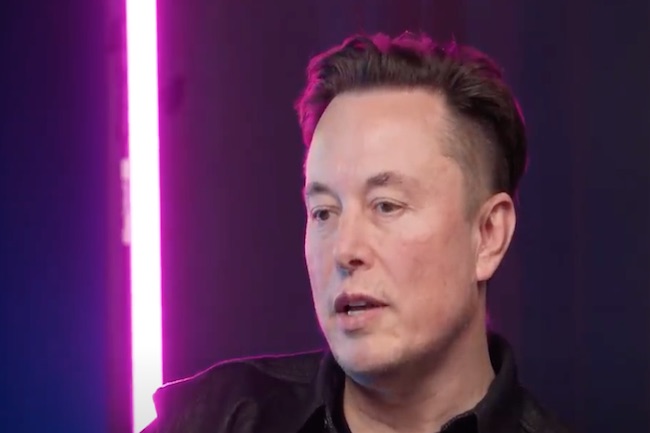Will Musk ‘End Twitter As We Know it’? I Sincerely Hope So by via Ron Paul Institute
Below is my column in USA Today on the panic among political and media figures at the prospect that Elon Musk might return free speech protections to Twitter. I have long advocated what I call the “First Amendment model” for social media to replicate the standards applied to the government. While I am often called a “free speech absolutist,” I recognize that a social media company (like the government) has some ability to curtail speech containing elements like threats. The question is the baseline, which is far lower when modeled on the First Amendment. This admittedly means that some offensive or false claims will be allowed on social media, which will function closer to a common carrier or other means of communications like telephones. Rather than continue the expanding level of censorship and biased “content modification,” free speech can address such bad speech with better speech.
Here is the column:
The news that Elon Musk wants to go forward with the purchase of Twitter has led to a virtual panic among media, political and academic figures worried that free speech could shortly break out on the social media platform. Former Politico magazine editor Garrett Graff summed up the collective vapors succinctly: “Be afraid, be actually afraid.”
I sincerely hope so.
While Musk had in recent months wavered on his purchase, he said last week that he wants to move forward with a $44 billion offer to buy the social media platform. On Thursday, the judge presiding over Twitter’s lawsuit against Musk for backing out of the original deal gave the world’s richest person until Oct. 28 to reach an agreement on the purchase.
Censorship culture threatens to limit free speech
The free speech community hopes that Musk is still committed to his stated commitment to return free speech protections to the social media giant. In the past 10 years, a censorship culture has not only become deeply embedded at Twitter but also on other social media platforms. The need for censored and limited speech has become an article of faith for many on the left.
I have long admitted to being an “internet originalist,” someone who viewed the internet as the greatest development for free speech since the invention of the printing press. However, the rapid erosion of free speech values – from our Congress to our campuses – has been alarming.
Led by President Joe Biden, Democratic leaders and media figures have demanded corporate censorship and even state censorship to curtail opposing views on issues ranging from climate change to election integrity to public health to gender identity. The Washington Post’s Max Boot, for example, declared, “For democracy to survive, we need more content moderation, not less.”
Now these same figures are fearful of the supposed menace that Musk poses – the prospect that a major social media platform could actually restore free speech protections.
It would reverse the anti-free speech policies of Twitter CEO Parag Agrawal, who has pledged to regulate content as “reflective of things that we believe lead to a healthier public conversation.”
Agrawal said the company would “focus less on thinking about free speech” because “speech is easy on the internet. Most people can speak. Where our role is particularly emphasized is who can be heard.”
Agrawal’s policy of “who can be heard” offers a reverse model for how to develop a new culture at Twitter. Indeed, his emphasis on the limits of the First Amendment is precisely where Musk should start.
I have argued for a “First Amendment approach” for social media companies. While the companies are not legally subject to the First Amendment, they can voluntarily adopt for themselves the same limitations the government faces.
The First Amendment was never intended to be the exclusive definition of free speech. It deals with only one source of limiting free speech – the government. Yet, many of us view free speech as a human right worthy of protection by private companies. We hope Musk does as well.
Twitter could adopt First Amendment standards
Musk could flip the script of those who justify corporate censorship by declaring that the company will follow the same limitations and standards applied to the government on free speech. In other words, if the government could not censor a tweet, Twitter would not do so.
Voluntary adoption of First Amendment standards would get Twitter largely out of the censorship business. The company would have a ready-made list of cases on the scope of permissible speech controls, with a heavy preference for free speech over speech regulation.




